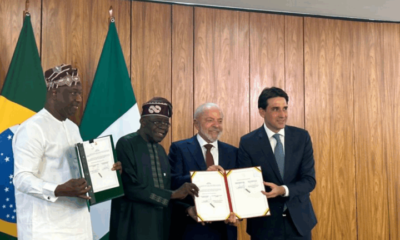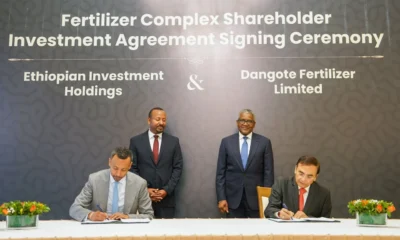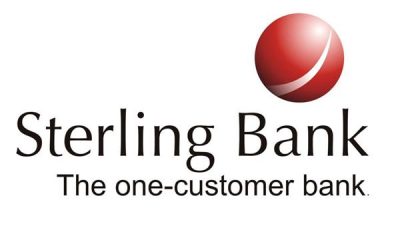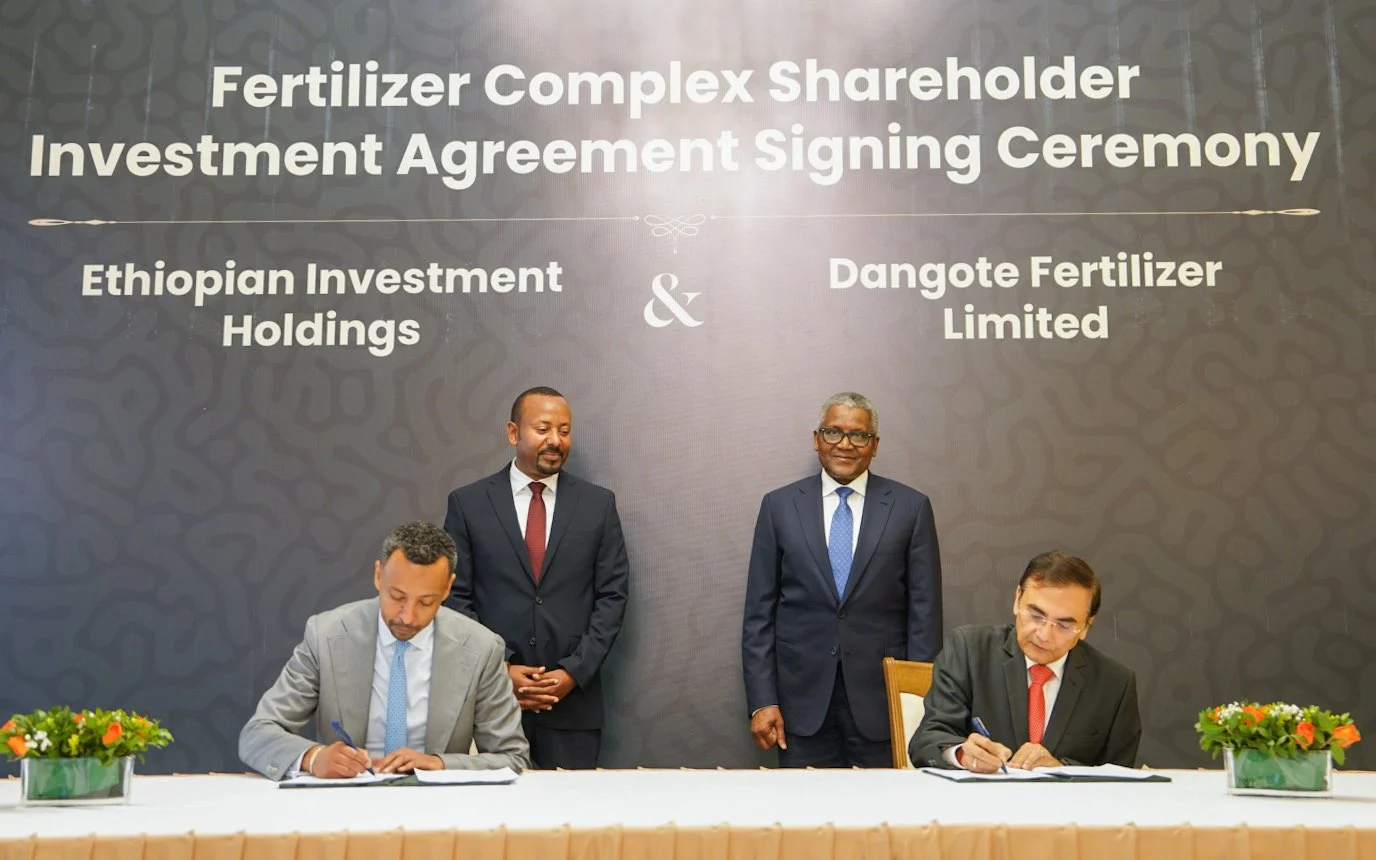Foreign investors offloaded equities valued at N576.09bn on the Nigerian Exchange from January to June 2025, marking an 84.97 per cent rise compared to N311.41bn withdrawn in the same period of 2024.
These outflows surpassed foreign inflows, which were recorded at N559.25bn, resulting in a net negative foreign portfolio balance of N16.84bn over the six-month period. Data from the NGX’s June 2025 Domestic and Foreign Portfolio Investment Report highlights increased foreign trading activity compared to the previous year.
In the first half of the year, total foreign transactions hit N1.14tn, more than twice the N540.48bn recorded during the same period in 2024. Economists attributed the sharp rise in outflows to global market instability caused by US President Donald Trump’s policies and attractive T-bill yields prompting sell-offs.
Domestic investors were responsible for N3.06tn in trades between January and June 2025, accounting for 72.92 per cent of the total market volume. This reflects a 41.5 per cent rise from the N2.17tn reported in H1 2024. Of this figure, institutional investors contributed N1.59tn, while retail investors traded N1.47tn.
The relatively even contribution from both retail and institutional investors suggests a balanced domestic market presence for the period, although recent data shows institutions are starting to dominate. Overall, transactions on the Exchange reached N4.19tn during the six months, representing a 60.98 per cent increase from N2.60tn in H1 2024.
Despite the higher volume of trades, concerns are growing about the quality of capital flows due to rising foreign outflows and declining retail engagement. Monthly data reveals volatile investor activity, with significant fluctuations in both foreign and domestic trades.
In January 2025, total trades were valued at N346.23bn, with N269.39bn from domestic and N76.84bn from foreign investors. Retail and institutional domestic trades were closely matched at N134.17bn and N135.22bn, respectively. Activity rose to N448.52bn in February, with foreign inflows at N43.67bn and outflows at N47.93bn, reflecting slight net negative flows. Retail trades dipped to N123.38bn, while institutional trades increased to N170.54bn, indicating steady institutional growth.
March recorded the highest transaction value of H1 2025, with N1.29tn in total trades. A major jump in foreign inflows to N349.97bn, the highest for any month, drove this surge. Foreign outflows for March stood at N205.54bn, yielding a net inflow of N144.43bn. Institutional domestic trades reached N273.74bn, and retail trades totalled N212.77bn.
In April, overall market activity declined sharply to N487.39bn. Foreign inflows dropped to N26.47bn, while outflows rose to N70.20bn. Retail trades fell to N174.10bn, and institutional trades decreased to N180.62bn. This decline coincided with US President Donald Trump’s announcement of a 14 per cent tariff on Nigerian goods.
Foreign outflows in May remained high at N60.94bn, while inflows stayed low at N24.12bn. Institutional domestic trades increased to N244.13bn, and retail trades saw a marginal rise to N337.46bn. Total transactions for May stood at N700.50bn. In June, trading activity remained strong, with total trades amounting to N778.65bn—the second-highest of the period. Foreign inflows rebounded to N72.82bn, while outflows eased slightly to N66.49bn.
June closed with a net foreign inflow of N6.33bn. Institutional investors led domestic trades at N364.71bn, a 49.39 per cent increase from May, while retail trades dropped by 18.62 per cent to N274.63bn. The six-month foreign investment pattern suggests heightened sensitivity to FX liquidity and policy clarity.
The appreciation of the naira at NAFEM to N1,529.71/$1 in June from N1,586.15/$1 in May may have contributed to the modest recovery in inflows. However, persistent outflows underscore continued concerns about FX repatriation and macroeconomic policy uncertainties.
Institutional investors have increasingly outpaced retail participants in recent months. While both groups were nearly equal in January and February, institutional activity began to exceed retail trades from March onward.
This gap became more evident in June, with institutional trades at N364.71bn and retail trades at N274.63bn. Retail activity peaked in May at N337.46bn before falling the following month, likely due to inflationary pressures reducing disposable income.
With inflation remaining above 22 per cent, households are prioritising essential spending over investment. On the other hand, institutional investors continue to rebalance portfolios, seeking higher returns amid elevated inflation and subdued fixed-income yields.
Despite a 61 per cent increase in market turnover compared to the previous year, the shifting investor mix has raised questions about the durability of market growth. Foreign investors continue to engage with the market but remain cautious, as indicated by sustained outflows.
The growing dominance of institutional investors highlights a concentration of liquidity among a smaller group of market participants. Retail investors, who are vital to market stability and depth, seem to be withdrawing in response to economic challenges.
Financial analyst Johnson Chukwu stated that although inconsistencies in President Trump’s trade policies exist, foreign portfolio investors remain active in Nigeria’s financial markets. He referenced the Q1 2025 capital importation report, which showed that foreign portfolio investment accounted for the largest portion of total capital inflows.
He explained that foreign portfolio investment contributed about $5.20bn of the $5.64bn recorded in the report, with most of the funds going into fixed-income instruments such as treasury bills and OMO. These instruments offered attractive yields—up to 23 or 24 per cent—before the Central Bank reduced treasury bill yields last month.
According to Chukwu, of the $5.2bn in portfolio investments, $4.2bn went into the money market, leaving only $117m in equities. He suggested that foreign investors might view Nigerian equities as overpriced given the over 40 per cent market gain recorded over the past year without significant changes in economic fundamentals.
Olatunde Amolegbe, Managing Director/CEO of Arthur Stevens Asset Management Limited, noted that foreign portfolio investors are typically profit-oriented traders. He said they tend to sell after reaching profit targets but often reinvest. He added that overall inflows indicate many investors are still in the market.
Amolegbe clarified that foreign portfolio investment trends should be assessed on both inflows and outflows. The natural cycle of money coming in, achieving investment goals, and exiting is part of market dynamics.
He highlighted that the equities market is currently outperforming the fixed-income market, with NGX posting nearly 40 per cent returns year-to-date. He said fixed income often serves as the entry point for foreign investors before they transition to equities due to higher returns.
He added that foreign investors initially enter through fixed-income instruments due to safety but eventually move into equities. The fixed-income market also offers more instruments to absorb large capital, given its market size is about three to four times that of equities.
Research analyst Dayo Adenubi explained that foreign portfolio investors typically follow data-driven, short-term strategies. He described their models as complex and quantitative, which contributes to improved liquidity and price discovery.
Adenubi noted that many of these investors operate through actively managed index funds that aim to outperform benchmarks. These funds are under pressure to show strong annual returns, which drives their short-term investment approach.
He added that the focus on achieving “alpha” leads to aggressive asset growth strategies, making foreign portfolio investors highly responsive to market data and quick to adjust positions.

 BIG STORY3 days ago
BIG STORY3 days ago
 BIG STORY5 days ago
BIG STORY5 days ago
 BIG STORY3 days ago
BIG STORY3 days ago
 BIG STORY4 days ago
BIG STORY4 days ago
 BIG STORY5 days ago
BIG STORY5 days ago
 BIG STORY2 days ago
BIG STORY2 days ago
 BIG STORY5 days ago
BIG STORY5 days ago
 BIG STORY3 days ago
BIG STORY3 days ago




















